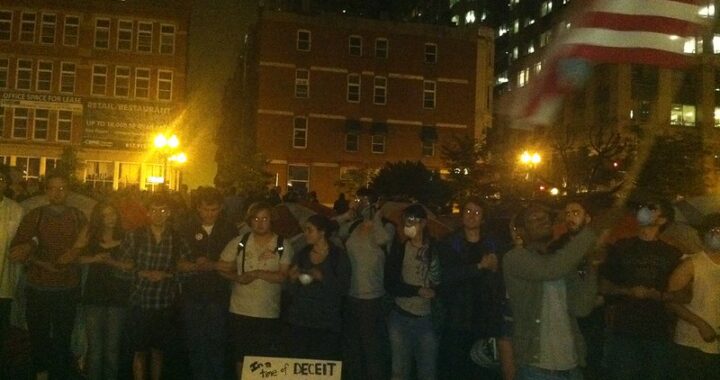Know Your Rights When Protesting in Massachusetts
by Patrick Wilson
The right to protest is a fundamental right in the United States. It is protected by the First Amendment to the Constitution, which guarantees the right to freedom of speech and assembly. However, there are some restrictions on the right to protest, and it is important for protesters to know their rights in order to protect themselves.
Your Rights
When protesting in Massachusetts, you have the following rights:
- The right to free speech: This means that you have the right to express your views, even if they are unpopular or controversial. This right is not absolute, however. For example, the government may restrict speech that is intended to incite violence or that is defamatory.
- The right to assembly: This means that you have the right to gather with other people to protest, even if the government does not agree with your message. This right is also not absolute. For example, the government may restrict assembly if it would block traffic or interfere with other important government functions.
- The right to remain silent: If you are questioned by police, you have the right to remain silent. You do not have to answer any questions, and you should not say anything that could incriminate yourself.
- The right to an attorney: If you are arrested, you have the right to an attorney. You should ask for an attorney immediately upon arrest.
- The right to make a phone call: If you are arrested, you have the right to make a phone call to one person of your choice.
- The right to be free from unreasonable searches and seizures: Police cannot search you or your belongings without a warrant.
Additional Rights
In addition to the rights listed above, protesters in Massachusetts also have the following rights:
- The right to use public spaces: Protesters have the right to use public spaces, such as sidewalks, streets, and parks, to express their views. However, protesters may not block traffic or interfere with other important government functions.
- The right to distribute leaflets and other materials: Protesters have the right to distribute leaflets and other materials to express their views. However, protesters may not litter or distribute materials that are intended to incite violence or that are defamatory.
- The right to carry signs and placards: Protesters have the right to carry signs and placards to express their views. However, signs and placards may not be so large or heavy that they obstruct traffic or interfere with other important government functions.
Restrictions on the Right to Protest
The right to protest is not absolute. There are some restrictions on the right to protest, such as:
- The government may restrict speech that is intended to incite violence or that is defamatory.
- The government may restrict assembly if it would block traffic or interfere with other important government functions.
- Protesters may not trespass on private property.
- Protesters may not engage in violence or destructive behavior.
If you are unsure whether a particular protest activity is legal, you should consult with an attorney.
What to Do if You Are Arrested
If you are arrested while protesting, you should:
- Remain calm and do not resist arrest.
- Ask for an attorney immediately.
- Do not say anything to the police that could incriminate yourself.
If you are unable to afford an attorney, one will be appointed to you by the court.
The right to protest is a fundamental right in the United States. It is important for protesters to know their rights in order to protect themselves. If you are planning to participate in a protest in Massachusetts, please read the information above and conduct yourself in a peaceful and orderly manner.
Additional Resources
The following resources provide more information on the right to protest in Massachusetts:
- ACLU of Massachusetts’ Know Your Rights: Demonstrations and Protests page: https://www.aclum.org/en/know-your-rights/know-your-rights-demonstrations-and-protests
- Massachusetts General Laws Chapter 272, Section 98: https://malegislature.gov/Laws/GeneralLaws/PartIV/TitleI/Chapter272/Section98
- American Civil Liberties Union: https://www.aclu.org/
** This piece was created with the help of ai.
